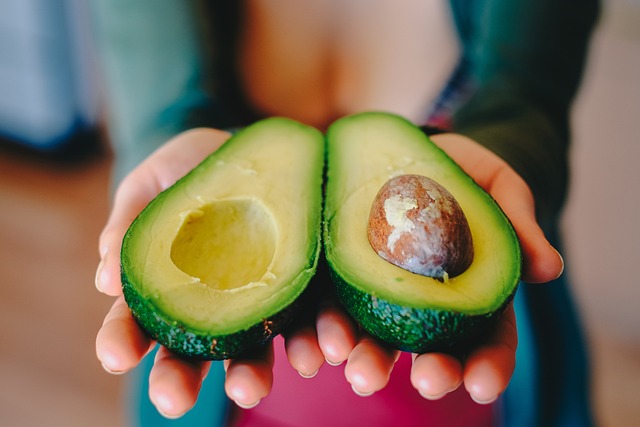Probiotics and Weight loss: Separating Fact from Fiction
In recent years, probiotics have gained popularity as a tool for supporting digestive health and improving immunity. But did you know that some studies have also suggested that probiotics may help with weight loss?
What are probiotics?
Probiotics are live microorganisms that can provide health benefits when consumed in adequate amounts. The two most commonly known types of probiotics are lactobacillus and bifidobacterium, which are found in fermented foods like yogurt, kefir, and sauerkraut, as well as in dietary supplements.
How do probiotics work?
Probiotics work by introducing beneficial bacteria into the gut microbiome, which is the collection of microbial species that live in the digestive tract. Research suggests that the gut microbiome plays an important role in regulating metabolism, immune function, and even mood. By modifying the gut microbiome, probiotics may contribute to a number of health benefits, including weight loss.
Do probiotics really help with weight loss?
While some studies have suggested a link between probiotics and weight loss, the evidence is not yet conclusive. For example, a 2013 study published in the “International Journal of Food Sciences and Nutrition” found that overweight women who consumed a probiotic-containing yogurt for 12 weeks lost more weight and body fat than those who did not consume the yogurt. However, a 2018 meta-analysis of 28 studies concluded that while probiotics may have some impact on weight loss, there is not yet enough evidence to determine a definitive link.
What are the possible mechanisms behind probiotics and weight loss?
There are several ways in which probiotics may contribute to weight loss:
- Reduced inflammation: Inflammation in the body can contribute to obesity and other health problems. Probiotics have been shown to reduce inflammation and improve markers of metabolic health, such as insulin sensitivity.
- Improved gut barrier function: The gut barrier is the lining of the digestive tract that protects the body from harmful bacteria and other pathogens. By improving gut barrier function, probiotics may help reduce the risk of inflammation and other health problems associated with a leaky gut.
- Increased production of short-chain fatty acids: Short-chain fatty acids are produced by bacteria in the gut and are thought to play a role in regulating metabolism. Some studies have suggested that probiotics may increase the production of short-chain fatty acids, which could help with weight loss.
What are the potential risks of taking probiotics?
Probiotics are generally considered safe for most people, but there are some risks to be aware of. For example, probiotics may cause mild digestive symptoms, such as gas, bloating, and diarrhea, especially when first starting to take them. People with weakened immune systems, such as those undergoing chemotherapy or who have HIV, may be at a higher risk of developing infections from probiotics.
How can you incorporate probiotics into your diet?
If you’re interested in incorporating probiotics into your diet, there are several options:
- Fermented foods: Foods like yogurt, kefir, sauerkraut, and kimchi naturally contain probiotics.
- Probiotic supplements: Probiotic supplements are available in pill, capsule, and powder form and can be found in most health food stores and online retailers.
- Probiotic-infused foods: Some food manufacturers are now adding probiotics to products like granola bars and snacks.
The Bottom Line
While probiotics may have some impact on weight loss, the evidence is not yet conclusive. However, probiotics have been shown to have a number of other health benefits, such as supporting digestive health and reducing inflammation. If you’re interested in incorporating probiotics into your diet, fermented foods, probiotic supplements, and probiotic-infused foods are all viable options. As with any supplement, it’s always best to consult with a healthcare provider before starting to take probiotics.







